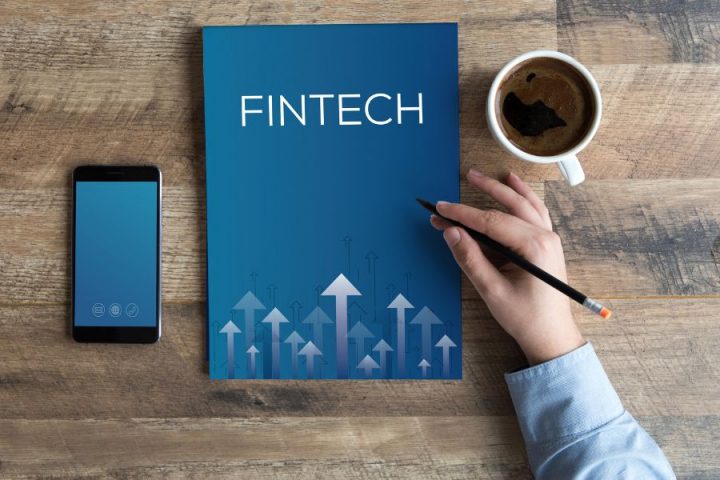In the world of forex trading, Fintech is a growing force. Various new technologies have been emerging in the financial sector, including machine learning, robo-advisors, and digital transformation. These innovations are changing the way that we trade, and will impact the industry in a number of ways. Let’s throw a glance at how these developments are changing the forex market. The first step is the use of machine learning and AI to make trading more efficient. The next step is the integration of all these different services into a single package.
Fintech is changing the forex landscape
Fintech startups are making forex trading easier by offering new technologies for account management and trading. These innovations will allow traders to make more informed decisions and trade in a safer market. The new fintech solutions will also be less reliant on traditional banking processes. As a result, these companies can offer more services to consumers and businesses.
The fintech revolution has drastically changed the forex landscape. New financial apps and internet speeds have made forex trading more accessible to the general public. This means that people from all over the world can invest in forex. Previously, this was an elite industry only accessible to investment bankers, investment brokers, and tycoons. However, the advent of fintech has made currency trading more accessible to people of all income levels. This technology has made it possible to perform online banking and money transfers, as well as trade in the FX market in real-time.
Machine learning
The forex market is undergoing a massive transformation with the help of machine learning and artificial intelligence. Technology enables computers to learn from mistakes and make decisions based on new information. As a result, the forex market is increasingly becoming an algorithmic trading environment. This new technology is changing how forex traders trade and has already revolutionized the forex industry. This is because of the fact that machine learning algorithms are much more accurate than existing strategies, allowing traders to trade more intelligently and more profitably.
Machine learning applications use complex algorithms to analyze data and make predictions. The data used is from various sources, including companies around the world. Some of this information is not publicly available, while others may be limited to employees or residents of the country where it originated. A human analyst can only process so much information in a short amount of time.
Robo-advisors
Robo-advisors are automated software programs that help investors manage their investments. They ask detailed questions about a client’s financial goals and risk tolerance. These programs then use computer algorithms to create portfolios and execute trades. They can also help with tax-loss harvesting.
Robo-advisors vary in their expertise, clientele, and fees. Most offer portfolio management and investment advice, while some specialize in specific areas or are for high-net-worth investors. They usually charge fees ranging from 0.15 to 0.5 percent of assets managed. However, these fees may not cover all costs associated with using these programs.
Although robo-advisors are rapidly becoming popular, they are still far from perfect. Some experts say that their growth will plateau after a few years. This is largely because their initial projections were too optimistic. The main roadblock facing robo-investors is the lack of trust in these programs. While robo-advisors are great for some people, they still lack the experience and judgment of a human advisor.
Digital transformation
The digital transformation of the forex landscape is underway. As a result, more African countries are embracing innovative technologies to improve their financial capabilities. The FX trading space is no different. With more emerging markets gaining access to the financial markets, there is now a wider array of digital tools and services to help forex traders make informed decisions.
As the digital economy spreads across financial markets, banks are under increasing pressure to adapt. While some banks must go all-in with their digital strategies, others can opt for a more measured approach that helps them reduce costs and improve efficiency. This targeted approach is likely to produce similar profits to an all-in approach.
Customer journey
The customer journey is an important element of fintech and forex success. It is the process a customer takes to contract a product, from initial application to execution. For instance, a client/customer who wishes to buy a house will go through a series of steps and decision points to complete the transaction. FintechOS provides the foundation for customer journeys, as the platform’s Evolutive Data Core organizes and displays data collected during business processes. The platform also enables customers to create and offer multiple products, depending on their industry. For example, an insurance company or a bank can offer a different product, while a fintech startup can create a forex trading platform.
Financial services such as forex and fintech have transformed the way people do business and manage their finances. Traditionally, banks have been the primary source of this type of financial service, but new technologies are making this process simpler and more convenient for customers. Fintech has also revolutionized forex trading, with new tools allowing traders to make more informed decisions and trade in safer markets.
